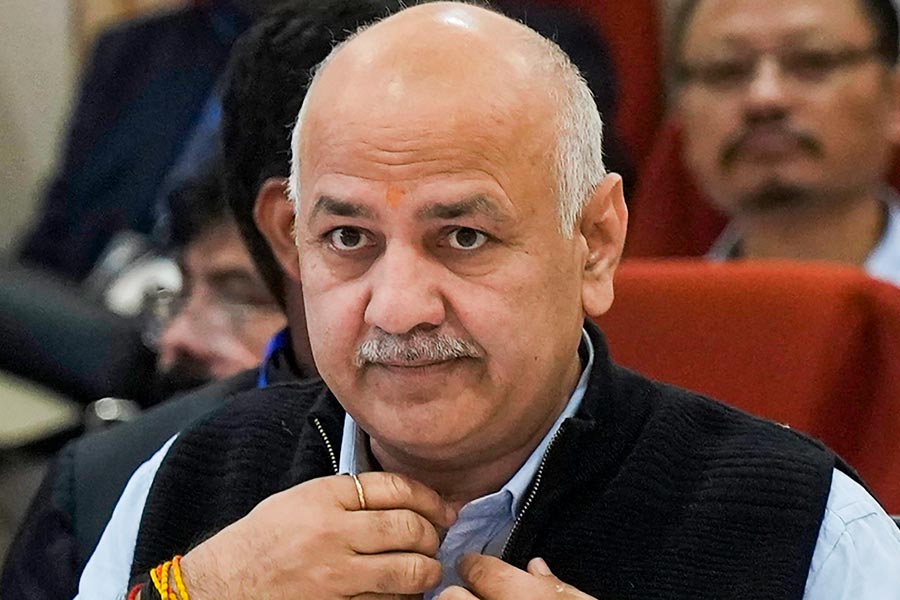Getting your two-wheeler insured is like securing a safety net for unforeseen events on the road. However, understanding your two-wheeler insurance document is crucial to ensuring that the safety net is strong and reliable. Here, we break down the key things to check in your two-wheeler insurance document, making it easy for you to navigate.
Whether you opt for online or offline purchase, a two wheeler insurance policy document is your tangible proof of protection. Purchasing online allows for easy access, either by downloading directly from your insurer's website or receiving it via email. For offline purchases, the document should reach you through courier or post.
1. Policy Number: The gateway to your insurance claims – your policy number. It's the first thing the insurance company will ask when you need to lodge a claim. Make sure it's prominent and easy to find in your policy document.
2. Personal Details: Your name is your identity, and a misspelt name on your policy document could lead to complications. Double-check your personal details, and if your address is mentioned, verify it for future communications.
3. Vehicle Details: Chassis number, engine number, and registration number—the holy trinity of your bike's identity. Ensure these details are accurate in your policy document to avoid any headaches down the road.
4. Policy Validity: Know when your insurance is in action. The policy validity period is when your bike insurance is considered active. Stay on top of this to ensure continuous coverage.
5. Premium Charged: Money matters. Verify the premium charged by the insurance company, inclusive of taxes. Cross-check the amount you paid with the amount mentioned to rule out discrepancies.
6. Cover: Unpack the details of your coverage: third-party component, own damage cover, personal accident cover, and more. Understand what each entails to grasp the full extent of your protection.
7. Add-on: If you opted for extra covers with your comprehensive plan, ensure they're explicitly mentioned in the policy. Don't miss out on any additional shields you've chosen for your bike.
8. Insured Declared Value (IDV): Insurance is an ongoing affair. When it's renewal time, your bike insurance premium will dance to the tune of your two-wheeler's Insured Declared Value (IDV). Ensure the IDV is accurate for precise calculations.
9. No Claim Bonus (NCB): A reward for responsible riding—the No Claim Bonus (NCB). If you haven't made a claim during the policy period, you get a premium discount during renewal. Confirm that the NCB component is clearly stated for future calculations.
10. Insurer's Contact: Keep the lifeline handy. The insurance company's contact details will be in your policy document. Save it for a rainy day—or any day you need clarification on the details in your policy.
Making an Endorsement: Sometimes, changes are needed. If you wish to enhance your cover or modify details, it's called an endorsement. Don't forget to ask for a revised policy document reflecting the changes. It's a smart move to keep a printout of your insurance policy on your bike. Also, a soft copy in your mobile or email ensures quick reference.
In the world of two-wheeler insurance, understanding your policy document is like knowing your route before a journey. It's not just about reaching your destination; it's about a smooth and secure ride. As you gear up for your two-wheeler adventures, remember that ACKO provides insurance and a partner in your journey. Check out ACKO's two-wheeler and car insurance online for a seamless and worry-free ride.
Disclaimer: Vehicle insurance is a mandatory requirement as per The Motor Vehicles Act, 1988. Non-compliance can lead to monetary penalties and legal issues. Thus, make sure to buy vehicle insurance and keep the policy active by renewing it before its expiry date. You can buy/renew vehicle insurance easily, quickly, and conveniently via the ACKO website/app for a hassle-free insurance experience.
Disclaimer: This is a sponsored article and does not involve any editorial input. The views expressed, including any statements, views, opinions, announcements, declarations, or affirmations are neither supported, nor endorsed by The Telegraph Online.










